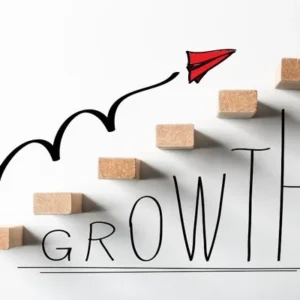In 2024, Benin experienced its highest economic growth since 1990, reaching 7.5%, largely driven by robust performance in the services and industrial sectors. Despite uncertainties in global trade and fluctuating trade relations with neighboring countries, the economy is projected to maintain strong momentum, with an average growth rate of 7.1% between 2025 and 2027. This sustained growth, along with moderate inflation, is expected to contribute to a reduction in poverty, with the poverty rate forecasted to fall to 22.3% by 2027.
Since 2016, Benin has demonstrated steady progress in domestic revenue mobilization, mainly due to improved tax collection. However, the reliance on indirect taxes has adversely affected purchasing power. The lack of sufficient compensatory social transfers led to a rise in the poverty headcount by 3.7 percentage points in 2022, resulting in an additional 116,000 people falling into poverty.
Compared to similar economies, Benin’s fiscal system has had a relatively limited effect on reducing inequality, while its impact on poverty has been more pronounced. To enhance the effectiveness and fairness of its fiscal policies, Benin needs to prioritize the expansion of social safety nets, introduce more progressive tax mechanisms, and increase social expenditure to better support vulnerable populations.







